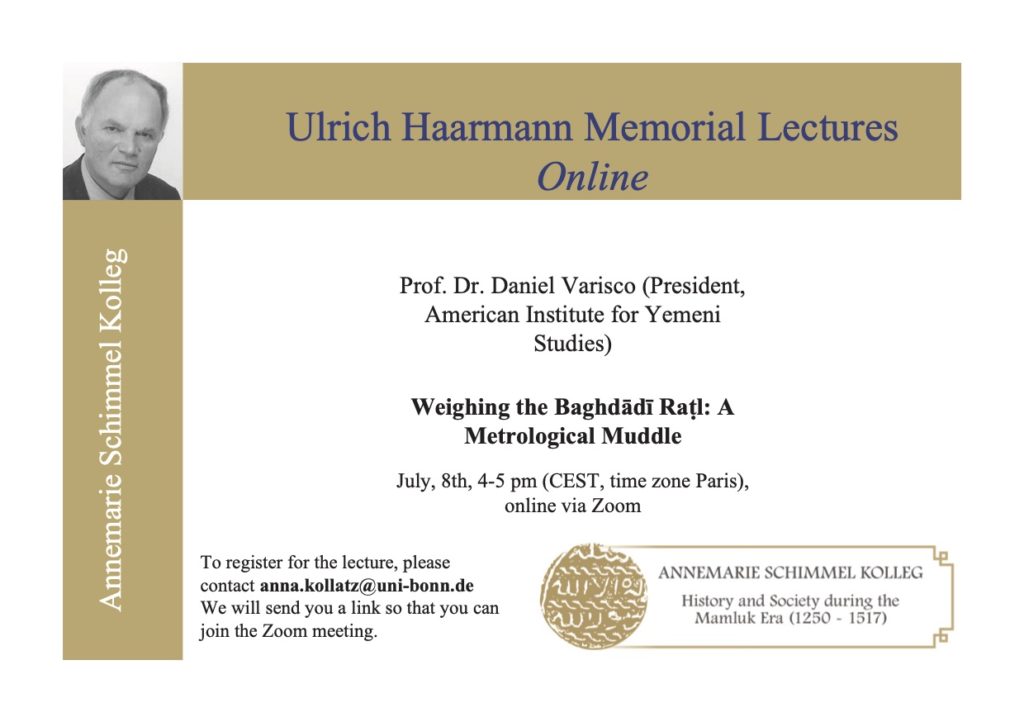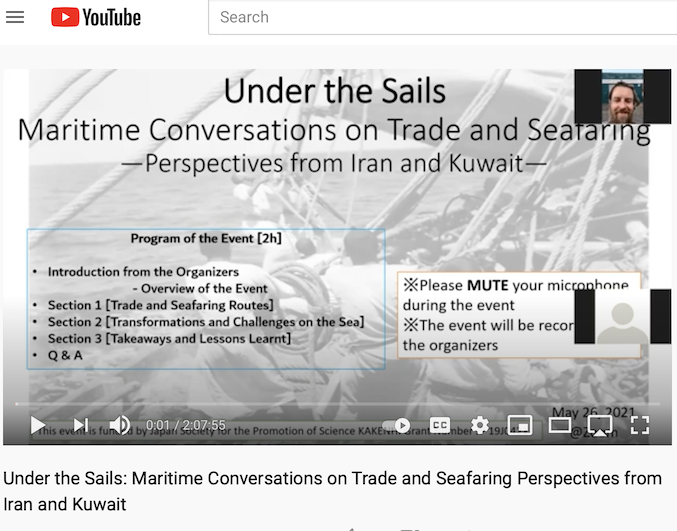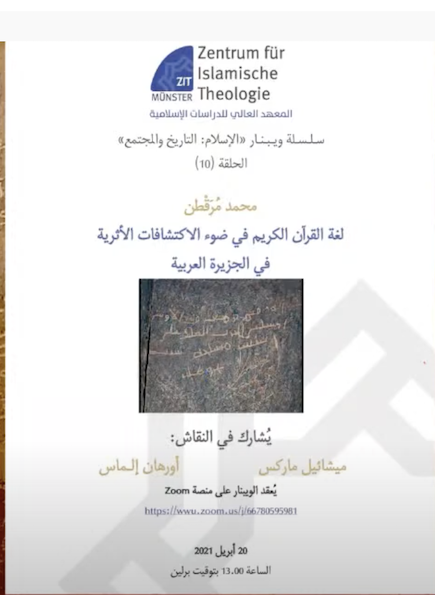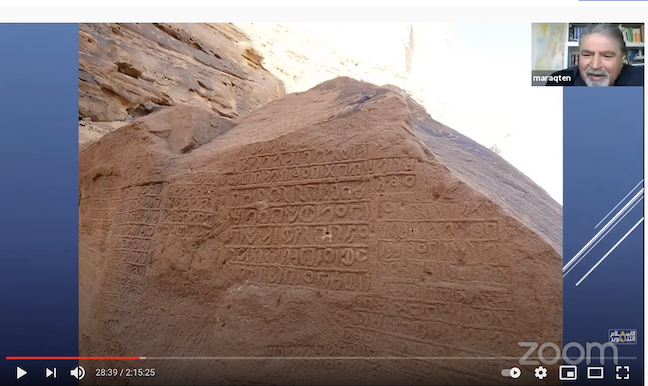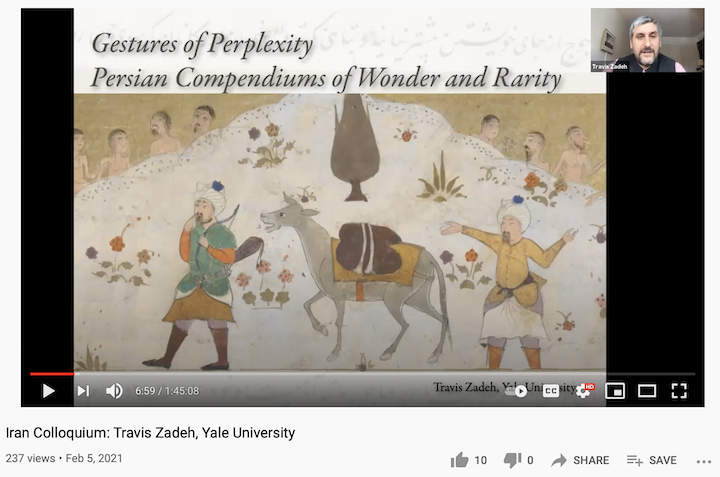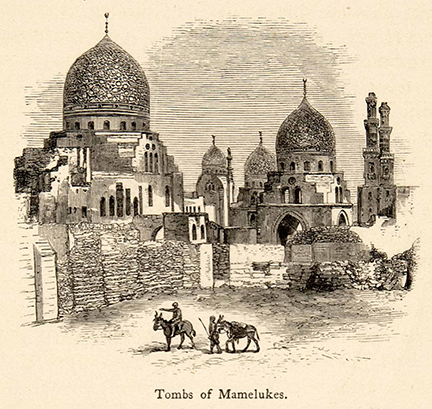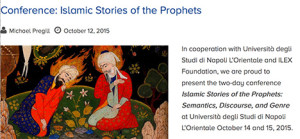On Thursday, July 8 , 2021 (4 pm Berlin time, 10 am New York time) I will be giving an online presentation on my search for the metric weight of the Baghdadi ratl, the most widespread measure for international trade in the Red Sea/Indian Ocean network during the Abbasid and Mamluk/Rasulid eras. Although several Western scholars since the mid-19th century have suggested the metric measure of the dirham, a basic unit of the ratl, there is disagreement. Most of the research has focused on the numismatic use of weights with much less on use in the market. Western scholars have ignored the Islamic legal interpretation of two measures used by the Prophet Muhammad (the sa‘ and mudd), which were later interpreted by Muslim religious scholars according to the Baghdadi ratl for zakat and alms. My talk is more of a prolegomena to future study of Islamic metrology than a definitive rendering. I would be pleased to send a copy for comments to anyone interested.
